Your cart is currently empty!
Tag: Sustainability
Embracing an organic approach to cannabis cultivation not only benefits the environment but also ensures a superior product for consumers. This article outlines essential practices for achieving organic purity in cannabis cultivation, emphasizing the importance of healthy soil, natural fertilizers, and sustainable pest control methods. Key practices include composting, using beneficial microbes, and crop rotation…
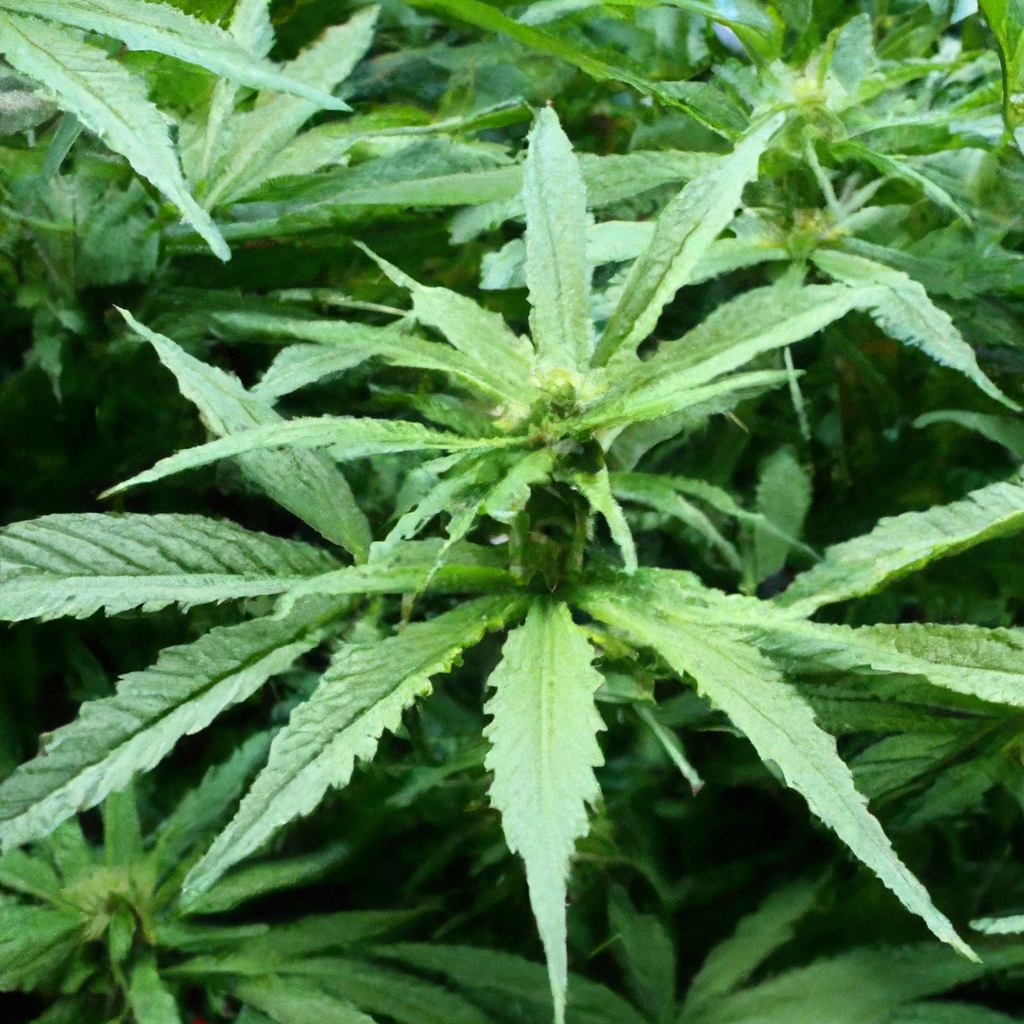
Organic cannabis cultivation is a sustainable approach benefiting both the environment and consumers. By focusing on natural methods like enriching soil ecosystems with compost and cover crops, using natural fertilizers such as bone meal and fish emulsion, and implementing eco-friendly pest control with beneficial insects and neem oil, growers can achieve a thriving, healthy crop.…
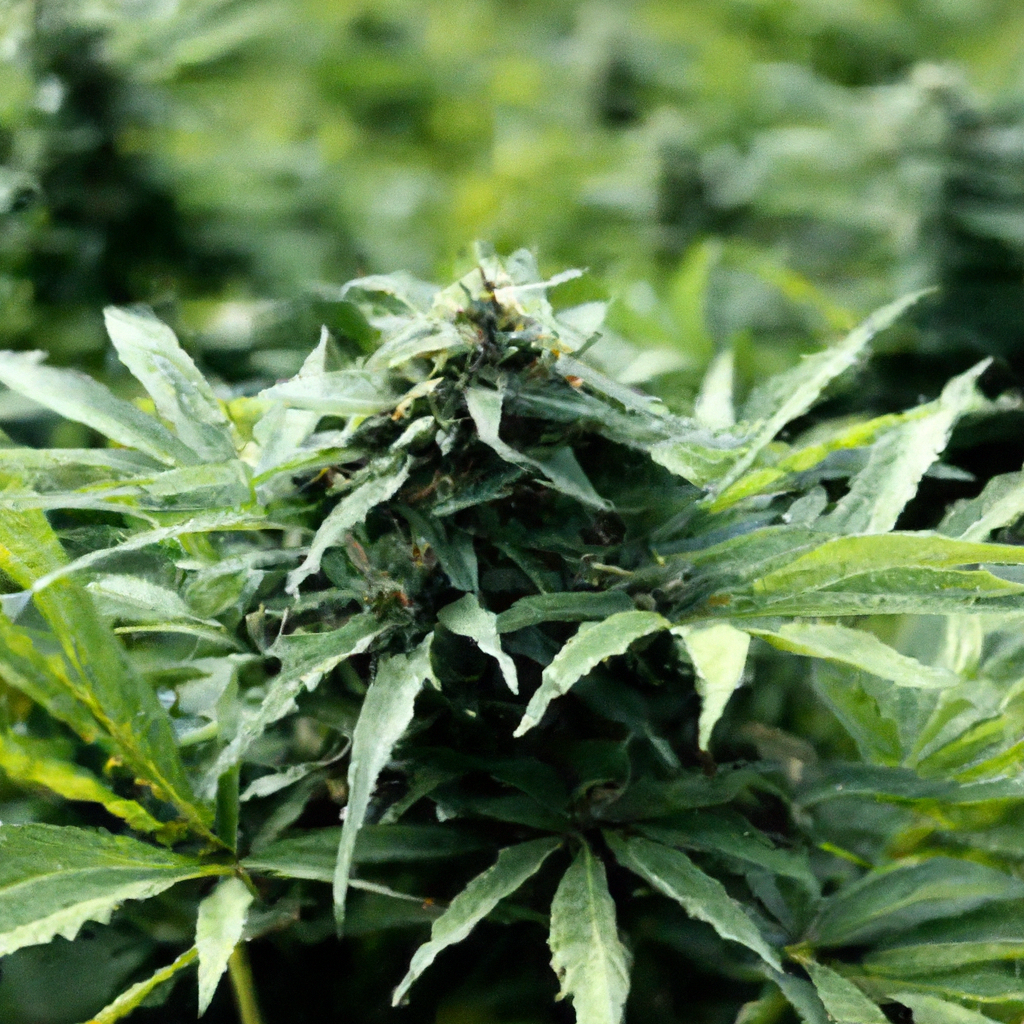
As the cannabis industry grows, there is increasing demand for organic cultivation methods that have a smaller environmental footprint and yield high-quality plants. By enhancing soil ecosystems with organic matter like compost, using natural fertilizers such as worm castings and fish emulsion, and implementing eco-friendly pest control measures like companion planting and biological controls, cultivators…
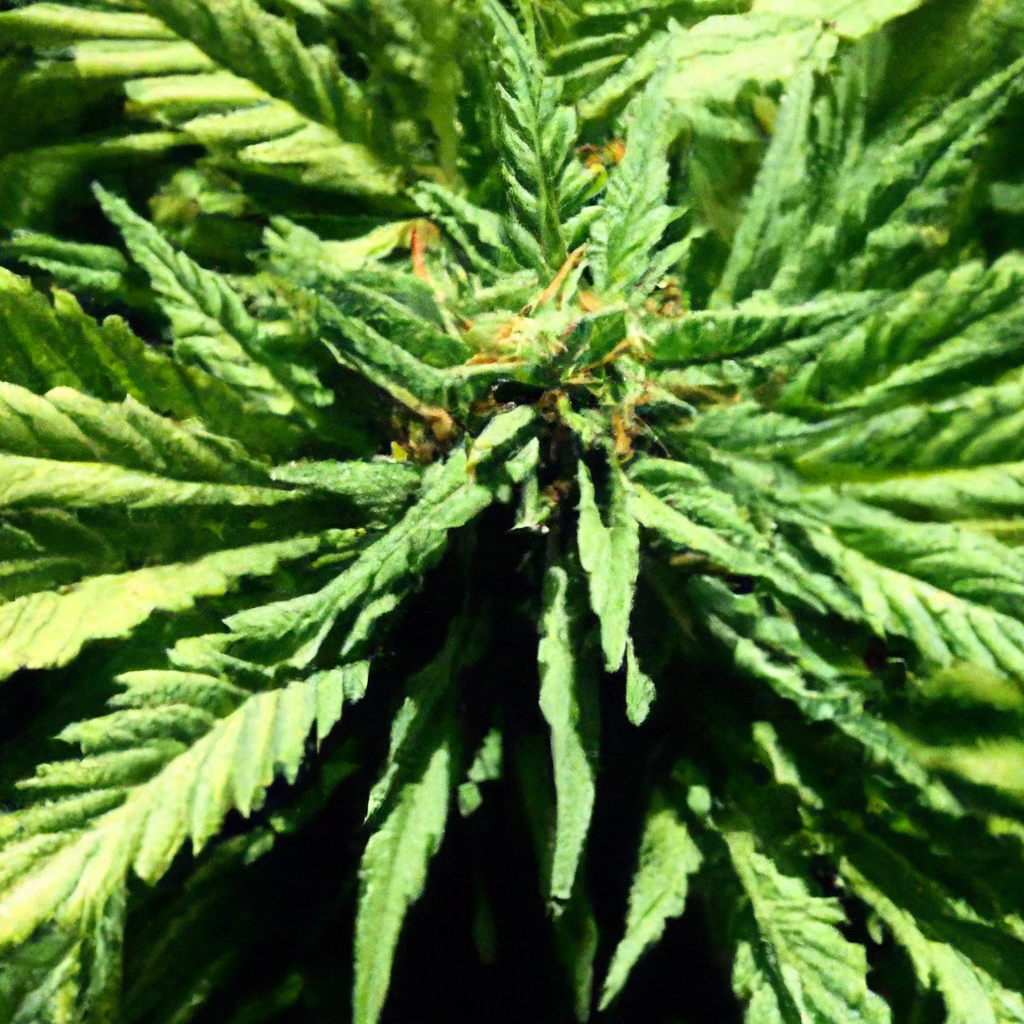
Organic cannabis cultivation promotes sustainability and environmental friendliness by enhancing ecosystems, improving soil health, and producing high-quality, safe products. This approach involves using natural fertilizers like compost and bone meal, implementing pest control via companion planting and beneficial insects, and focusing on practices such as water conservation and renewable energy use. Organic methods preserve biodiversity,…
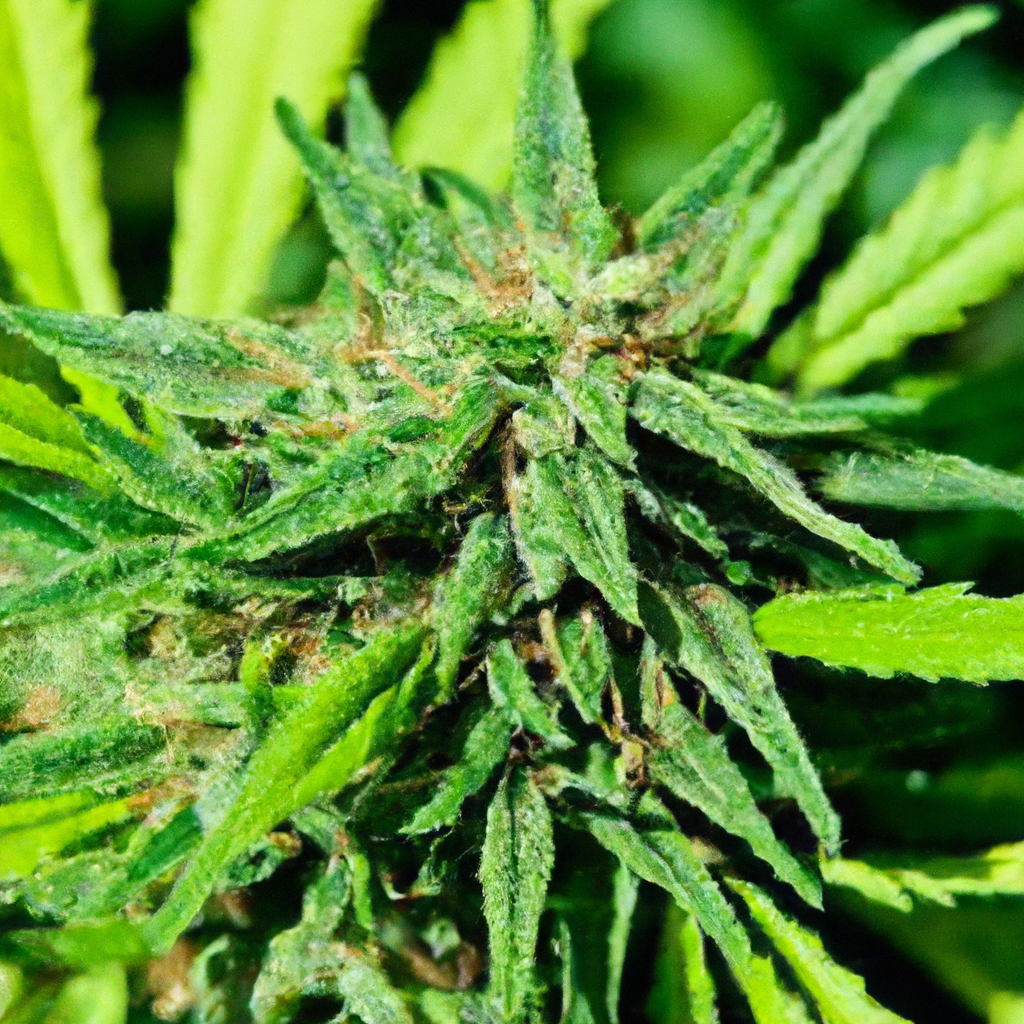
Discover the benefits of organic cannabis cultivation through natural fertilizers, compost, and sustainable pest control methods. Enhance soil health using compost, cover crops, and beneficial microbes. Opt for natural fertilizers like bone meal and fish emulsion for plant growth, and utilize techniques such as companion planting and neem oil for pest management. Embrace sustainability with…
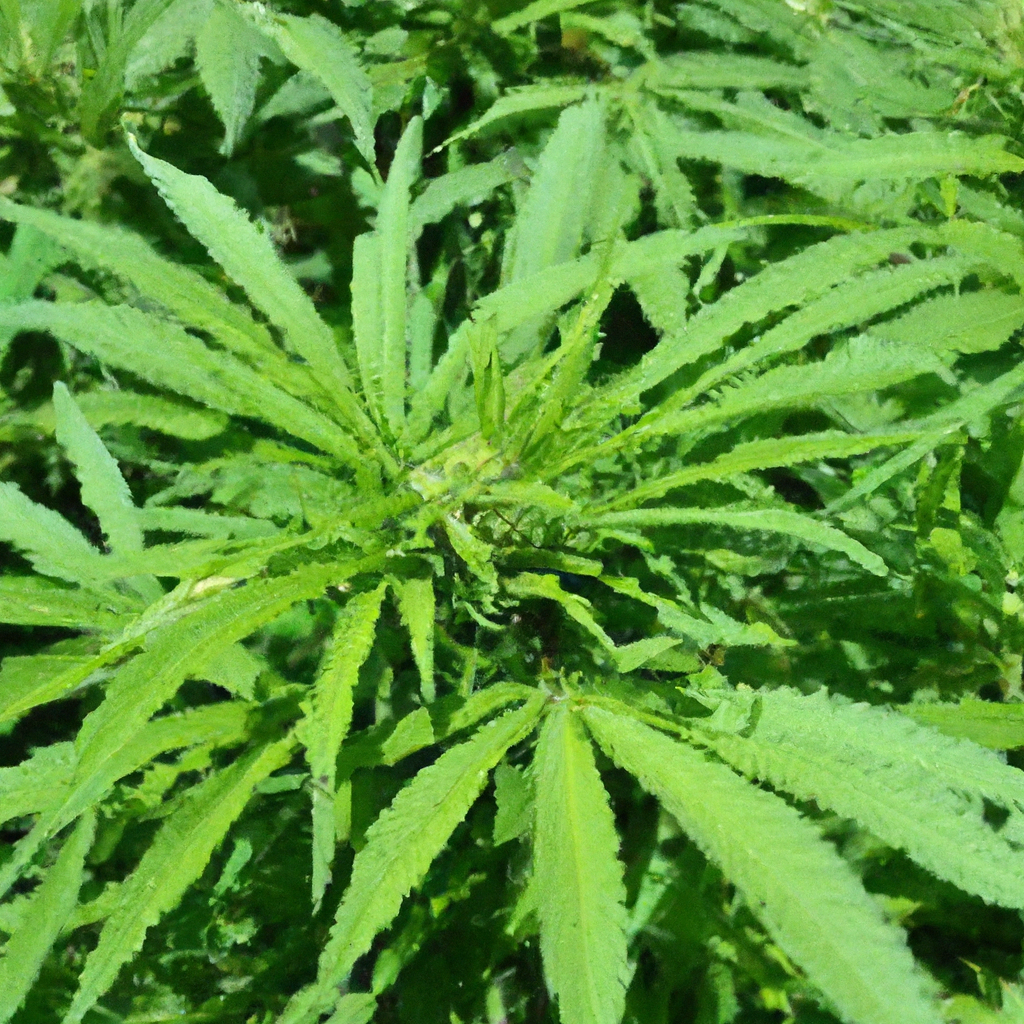
As the demand for cleaner cannabis products rises, organic cultivation methods are becoming increasingly popular among growers and consumers. This article highlights best practices for organic cannabis cultivation, emphasizing the importance of building rich soil ecosystems, using natural fertilizers like compost and fish emulsion, and implementing eco-friendly pest control methods such as companion planting and…
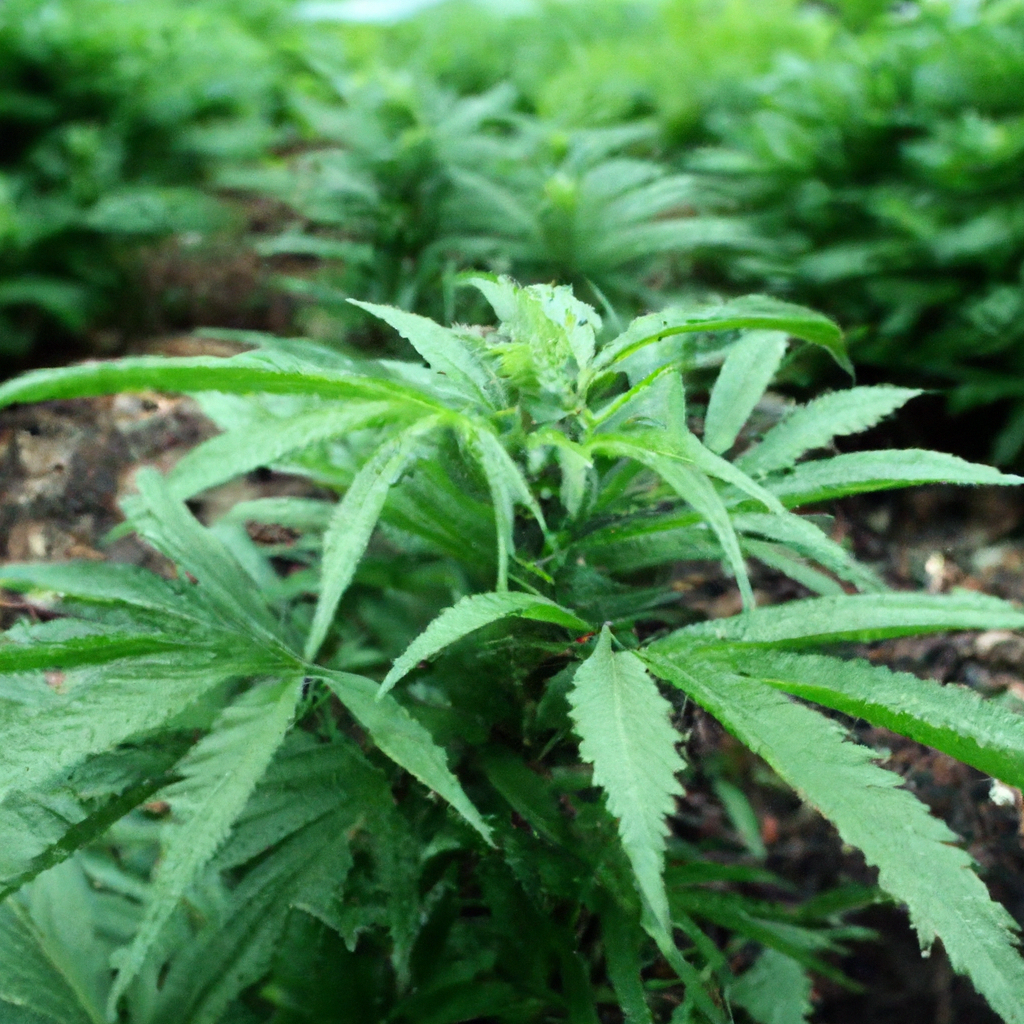
Organic cannabis cultivation transcends trendiness by prioritizing environmental respect and consumer health. This approach enhances cannabis quality through natural fertilizers, robust soil ecosystems, and sustainable pest control. The cornerstone of success lies in nurturing the soil with compost, cover crops, and no-till farming. Nourishment is provided by organic fertilizers like worm castings and bone meal,…
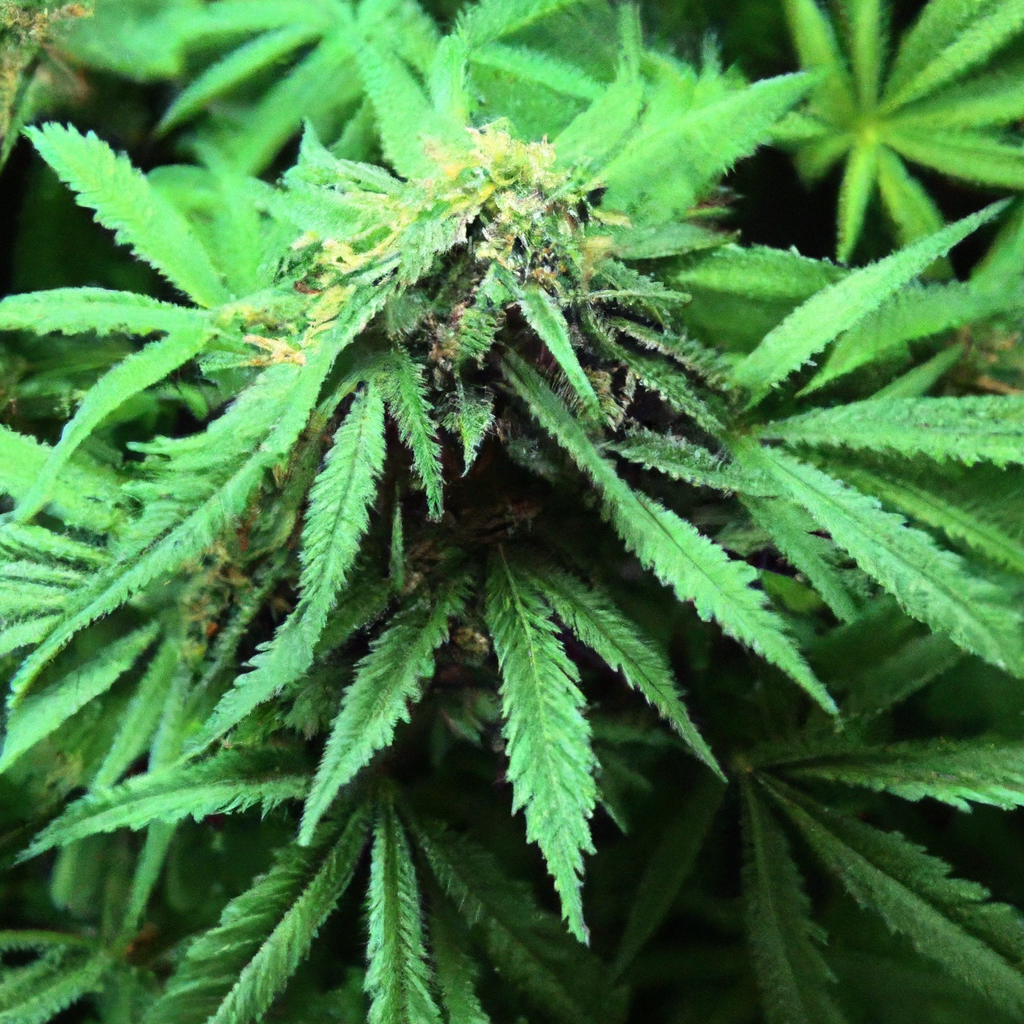
Organic cannabis cultivation is increasingly popular for its ability to produce high-quality cannabis while promoting environmental sustainability and healthier consumption. This blog post explores best practices for organic growing, such as using natural fertilizers like compost, worm castings, and bone meal, as well as eco-friendly pest control methods including beneficial insects and neem oil. Building…
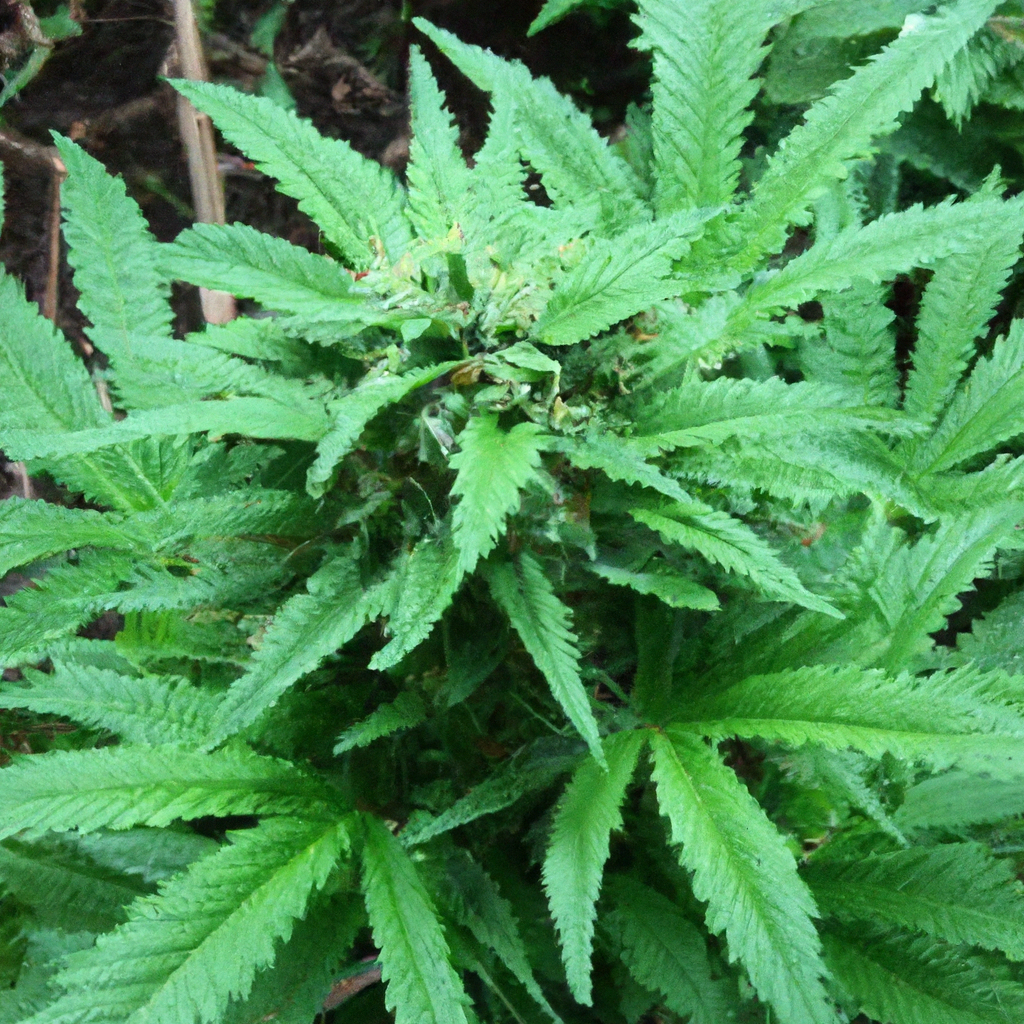
Organic cannabis cultivation is gaining popularity among growers for its sustainability and natural benefits. This method enhances plant health and supports environmental well-being by nurturing robust soil ecosystems rich in beneficial microbes and organic matter. Techniques such as composting, crop rotation, and mulching improve soil quality, while natural fertilizers like comfrey tea and fish emulsion…
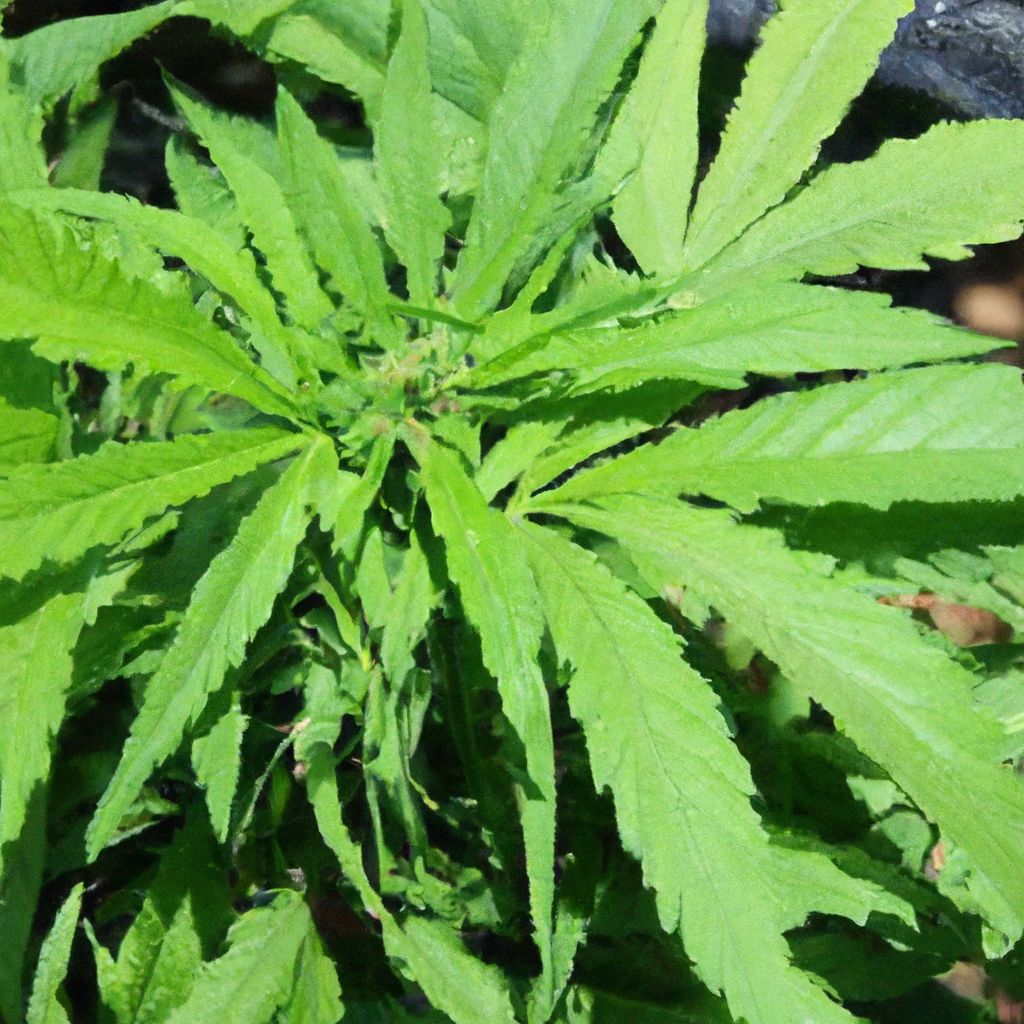
Organic cannabis cultivation is increasingly favored for its eco-friendly methods and chemical-free products. This blog post explores best practices in organic gardening, emphasizing the use of natural fertilizers, compost, and pest control to foster a healthy soil ecosystem. Key strategies include using composting to enhance soil nutrients, introducing beneficial microbes and cover crops, and applying…
